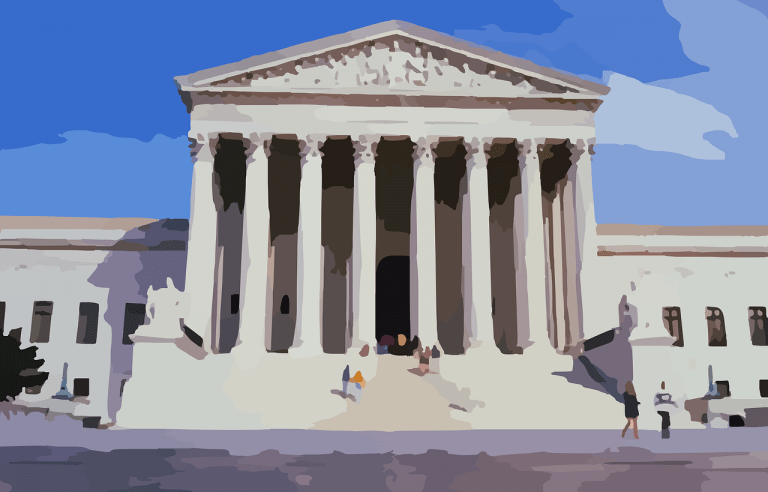You probably realize that practicing law remotely increases your cybersecurity risk, but did you know it also expands your ethical obligations as well?
For instance, you have an affirmative duty to maintain competence in the tech tools you use in your practice, and you must supervise your team to make sure they’re competent as well.
“When practicing virtually, lawyers must particularly consider ethical duties regarding competence, diligence, and communication, especially when using technology,” says ABA Formal Opinion 498 . “In compliance with the duty of confidentiality, lawyers must make reasonable efforts to prevent inadvertent or unauthorized disclosures of information relating to the representation and take reasonable precautions when transmitting such information.”
The opinion also noted that the “duty of supervision” requires that lawyers who supervise others “make reasonable efforts to ensure” that their direct reports comply with the model rules, particularly if these colleagues are still working virtually.
The best practices cover hardware devices and software systems; accessing client files and data; using virtual meeting platforms and videoconferencing; and virtual document and data exchange platforms, among others.
These are other breaking ethics developments will be covered in the upcoming live webinar Cybersecurity Ethics.
Learn Cybersecurity Ethics from a master! Join us on June 29 for the free CLE webinar “Cybersecurity Ethics: Safeguarding Client Data in Today’s Emerging Hybrid Practice.” You’ll receive an insider’s tour of the American Bar Association’s annual TechReport, which covers everything from spearphishing to spam filters, and you’ll learn how small firms are using technology to stay safe, successful and competitive. “Cybersecurity Ethics” features attorney David G. Ries, a contributing author of the 2021 TechReport and a long-time expert in law office cybersecurity. Ries will draw on his cyber expertise and drill down into the TechReport to extract valuable pointers for your practice. You’ll discover the 10 Basic Cyber Safeguards and 3 Bad Cybersecurity Practices to avoid at all costs, as well as four ABA ethics opinions that could save your law license. Join us on June 29. Register here.
Important Cyber/Tech Ethics Rules and Opinions
- ABA Model Rule 1.4 (Communication), Rule 1.6 (Confidentiality) and Rules 5.1 – 5.3 Supervision)
- ABA Formal Opinion 498 Virtual Practice (Feb 2021)
- ABA Formal Opinion 477R Securing Communication of Protected Client Information (May 2017)
- ABA Formal Opinion 483 Lawyers’ Obligations After an Electronic Data Breach or Cyberattack (October 2018)
“Together, these rules require attorneys, when using technology, to 1) employ competent and reasonable measures to safeguard the confidentiality of information relating to clients, 2) communicate with clients about the attorneys’ use of technology and obtain informed consent from clients when appropriate, and 3) to supervise subordinate attorneys, law firm staff, and service providers to make sure that they comply with these duties.” [Source: 2021 ABA TechReport: Cybersecurity, by David Ries]
Why choose Alta Pro Lawyers Risk Purchasing Group over other legal malpractice programs? Because Alta Pro RPG gives insured law firms exclusive access to valuable practice resources and cost-saving programs. When you join the Alta Pro RPG, you can use our Pro Practice Resource Center, filled with practical pointers and risk management tools to keep your law firm safe and soaring. Plus you get exclusive access to free CLE webinars, like our recent, highly popular program on Basics of Cannabis Law. Also: discounts on office essentials, Ask the Risk Pro, malpractice defense hotline and more. Don’t miss out on these fantastic perks. If you’re already a policyholder with Alta Pro but haven’t yet created your RPG account, here’s how to do it.

















